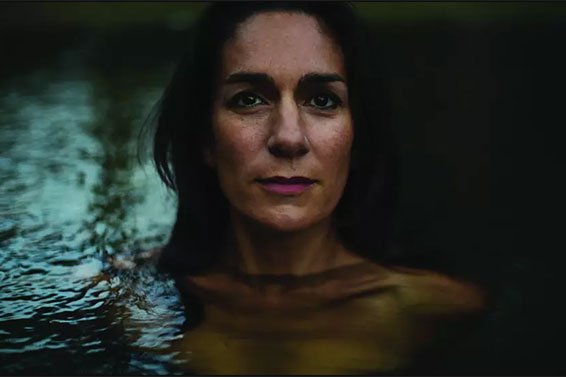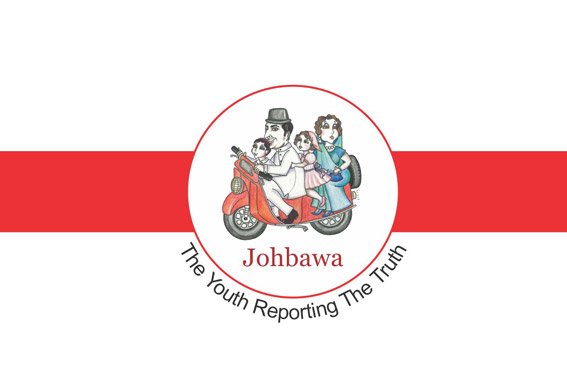Ariana Vafadari breathes life into Anahita, Persian goddess of water
After exploring Zoroastrian chants on her 2016 album “Gathas, songs my father taught me”, mezzo soprano Ariana Vafadari puts femininity to the fore with the heart-wrenching “Anahita”, inspired by the Persian prophet Zarathustra and the goddess of water. Ten deeply spiritual songs set to Oriental maqam scales, tracing a path from despair to resolution.
French-Iranian Vafadari has a successful career as an international opera singer, but remains deeply attached to her Zoroastrian roots.
“I’m from two cultures,” she said. “I love opera more than anything but a part of me needed to express the origins, the music of Iran, the Oriental music.”
She learned Gathas – Zoroastrian prayers dating back some 3,700 years – from her father.
“Gatha means song but we have no idea how it was sung at that time,” she said. “Just the prayers were kept and now the priest chants them. I wanted to compose music on it and make it more alive.”
She did just that for her 2016 album “Gathas, songs my father taught me”.
“It was something I gave to my father, I think it was my father’s side, my more masculine side: knowing, understanding, finding the way.”
The album “Anahita” was inspired by the legend of the Persian goddess of water, fertility and wisdom. The story was introduced to Vafadari by Leili Anvar, a specialist in Persian literature who wrote the lyrics for seven of the songs.
Anvar’s adaptation involves a modern day Iranian young woman whose village is plagued by drought, forcing its inhabitants to flee. She is visited by the goddess in a dream and goes on a quest to find the source of water.
Vafadari said the legend spoke to her in a world dominated by the over-exploitation of the world’s resources. “It’s a world of grabbing land, producing more; the masculinity is so powerful that I felt a lack of femininity in my own world and in myself.”

In addition to original compositions, Vafadari sings three prayers from Zoroastrianism’s holy book known as the Avesta.
“The three prayers are the way Anahita finds her own femininity, the link to her ancestors and to earth and to water.”
Vafadari has surrounded herself with superb musicians from France, Turkey, Morocco and Iran: Julien Carton (piano), Driss El Maloumi (oud), Leila Soldevila and Nicolas Deutsch (double bass), Habib Meftah Boushehri (calabash, bendir, daf).
“It’s important to show that our generation is a mixture of cultures, all these musics have to stay alive and stay together.”
Follow Ariana Vafadari
Purchase the album





